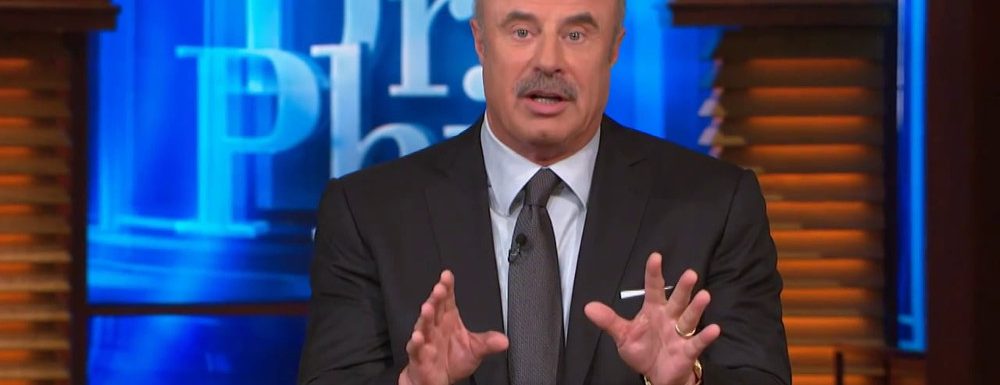
When we were kids, my brother was what our parents and grandparents called “a boy.” Popular with kids at school, he had too much energy, and too little fear of pain or judgment from his peers. He was always the first kid to suggest a bad idea, the first to throw his English book out the bus window, or the first to jump off a roof or into a frozen pond.
My brother discovered alcohol at an age when most of us were still climbing trees and riding bikes until dark. He was caught twice stealing from the liquor cabinets of our parents’ friends, and would roll his eyes at the suggestion that drinking was an abnormal interest for a sixth grader. A year later, he discovered pot. What was social experiment for most of us quickly became an obsession for him. He spent his hard earned part-time job earnings on it, talked about it, even built his schedule around it. It was clear to my friends and I that he was developing into a “bad kid,” but beyond that we had few concerns. My parents were completely oblivious, rehab not once being mentioned. He was, after all, “a boy.”
Fast forward ten years. I’ve graduated from college and working as a teacher in an inner-city middle school. I adopted a pit bull from a local animal shelter and play in a recreational volleyball league. My friends and I go to breweries on the weekends. My life is busy and happy.
My brother’s life is in a near-constant state of turmoil. He cannot maintain employment for more than a few months at a time. He has recently lost the third apartment in as many years due to failure to pay his rent on time. His appearance is increasingly shabby, his hair unkempt, disheveled and unhealthy. He rarely shows for family functions and won’t answer text messages. I am pretty sure that he has stolen money from our grandparents, but I am too afraid to confront him or to tell my dad about my suspicions.
I was sitting on my sofa with my dog, absentmindedly grading essays on the Spanish Armada, with the TV on. There was a guest on Dr. Phil, an addict with a tormented family and a sad story of escalating drug use and declining quality of life. I looked up from my essays with a feeling of deep dread and paid attention.
Dr. Phil talked about the science of addiction, and the ways that addicts hide their drug use from the people who love them. He talked about irresponsibility and lies, about declining health and lack of remorse. Dr. Phil mentioned a center called Origins Recovery.
I felt like the room was closing in on me as I realized what all of us should have known years before: my brother was a hard drug user, not a casually irresponsible “boy.” He needed help, real help, not more years of passive ignorance from his family.
I was on the phone with my parents minutes later. “We can fix this,” I cried to my bewildered parents. “It isn’t too late. It’s never too late.”
If you’d told me a few months ago that I could be inspired to act by a prime time television show, I would have laughed in your face. Nevertheless, my epiphany came from watching Dr. Phil. It was the moment that I realized my brother was an addict in serious trouble, and that rehab was the only option for him and for my family.

Leave a Reply